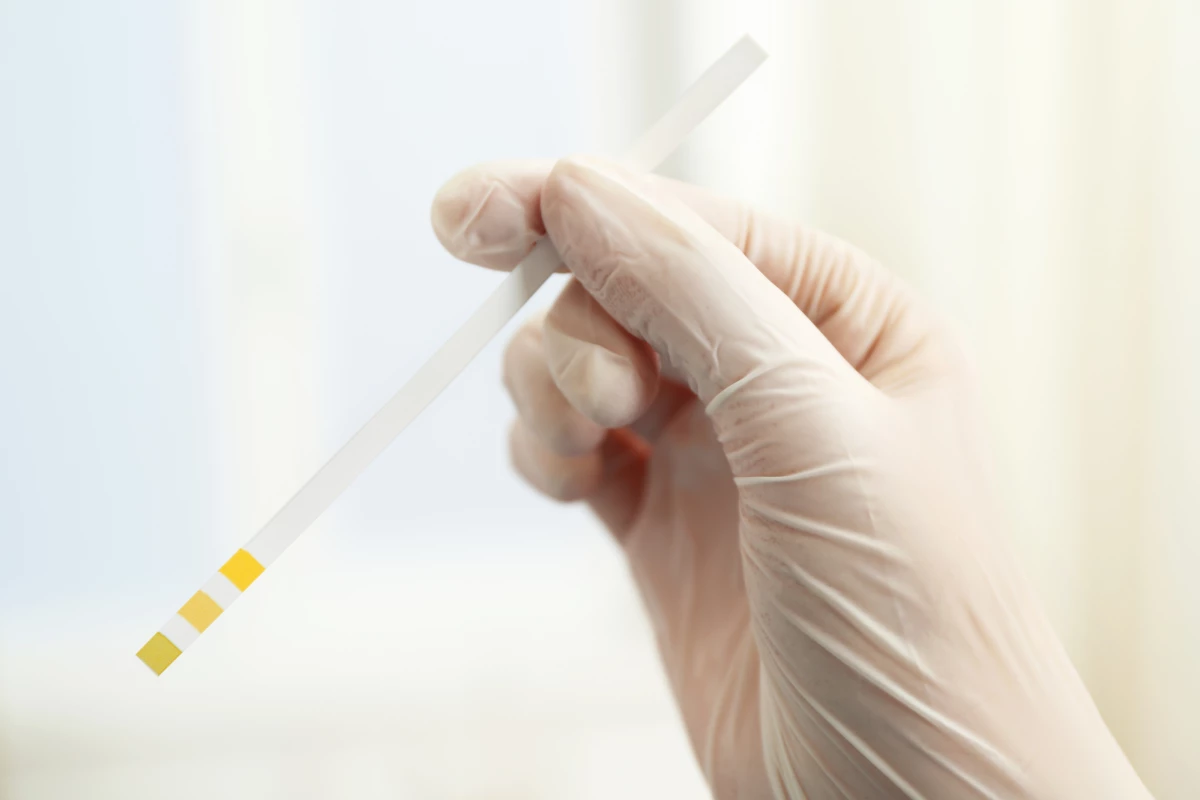Chronic muscle loss doesn't simply make a person physically weaker. Among other things, it increases the risk of serious falls … and even death. A new urine test, however, could allow it to be detected earlier than ever before.
While age-related muscle loss is more or less inevitable if you don't take preventive measures, it can be difficult to gauge just how quickly you're losing muscle mass.
Unfortunately, many people don't realize how serious the problem has become until they fall and receive a serious injury such as a broken hip. Additionally, their muscle loss may be associated with an underlying condition like ALS or muscular dystrophy, which requires immediate attention.
Ordinarily, muscle loss is monitored via imaging technologies such as CT and MRI scanning. Because these systems are located in clinics and must be operated by skilled technicians, most people don't go for muscle scans on a regular or frequent basis. That's where the Myomar test kit comes in.
It was created by Canadian doctor Rafaela Andrade. Her elderly aunt died due to fall-related complications, and was not aware of the extent of her weakness prior to the accident.
Described as being similar to an at-home pregnancy test, the kit requires users to urinate on a disposable chemically treated test strip, then take a picture of the strip with their smartphone.
By analyzing the image, an app on the phone is able to detect the concentrations of muscle-health-associated biomarker chemicals in the urine. Upon feeding that data into a mathematical model, the app is able to predict muscle loss. It has so far proven to be 80% accurate with men and 96% accurate with women, and those numbers should improve as the technology is developed further.
Andrade and colleagues are now seeking volunteers to aid in product development – interested parties can register via the Myomar website. It is hoped that the kit will be commercially available by next autumn (Northern Hemisphere).
"The idea is that if we can monitor early on for accurate indicators of muscle loss, we can take precautions to change our behaviours to protect our muscle health," she said. "Just as we regularly use a cholesterol test to monitor heart health or a glucose test to monitor for diabetes, we need to start being proactive about safeguarding our muscles."
Andrade recently received an award of $5,000 in research and development funding from Mitacs, a not-for-profit organization that fosters scientific and technological innovation in Canada.




